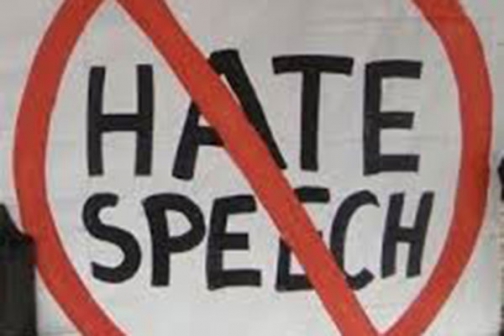
The plan by the government to sponsor a Bill to bar hatemongers from contesting elections is yet another gem from the same place where the President’s request to the clergy to declare corruption a sin came from.
Kenya already has robust hate speech laws. Section 13 of the 2008 National Cohesion and Integration Act, criminalises the use of hate speech and bars the use of threatening, abusive or insulting words or behaviour in any medium if they are intended to spur ethnic hatred. Under this section, the punishment for hate speech is a fine not exceeding Sh1 million or an imprisonment term not exceeding three years or both. Article 33 (2) sub-section (c) of the Constitution deals with hate speech as well. It states that the right to freedom of expression does not extend to hate speech.